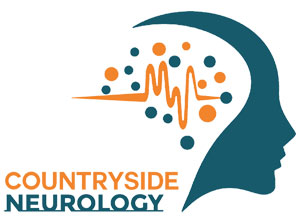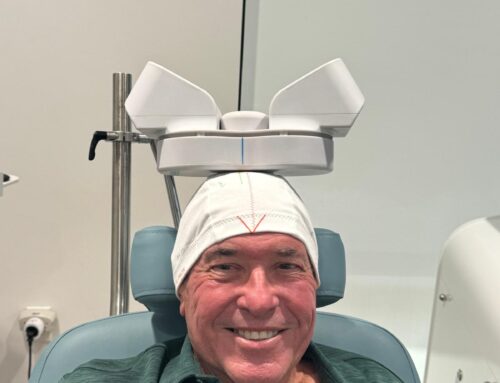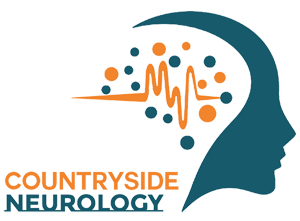TMS therapy has shown promise as a potential treatment for mild cognitive impairment (MCI), which is a condition characterized by cognitive changes that are more noticeable than typical age-related changes but do not yet interfere significantly with daily activities. Here are some ways TMS therapy can be used in the treatment of MCI:
- Cognitive Enhancement: TMS therapy has been studied as a non-invasive approach to enhance cognitive function in individuals with MCI. By stimulating specific brain regions involved in memory and cognition, TMS may promote neural plasticity and improve cognitive abilities such as memory, attention, and executive function.
- Neuroplasticity and Brain Connectivity: MCI is often associated with decreased neural plasticity and disrupted brain connectivity. TMS therapy aims to promote neuroplasticity by facilitating the formation of new neural connections and strengthening existing ones. This targeted stimulation may help counteract cognitive decline and improve brain function.
- Potential to Slow Progression: Early studies suggest that TMS therapy may have the potential to slow the progression of MCI to more severe forms of cognitive impairment, such as Alzheimer’s disease. By intervening at an early stage, TMS therapy may help preserve cognitive function and delay cognitive decline.
- Personalized Treatment: TMS therapy can be tailored to each individual’s needs and responses. Treatment parameters, including the intensity, frequency, and location of stimulation, can be adjusted to target areas of the brain most affected by MCI. This personalized approach ensures that treatment is optimized for the unique needs of each person.
It’s important to note that while TMS therapy shows promise as a potential treatment for MCI, more research is needed to establish its effectiveness and long-term benefits. If you or a loved one is considering TMS therapy for MCI, it’s crucial to consult with Countryside Neurology to evaluate its suitability and potential benefits for your individual case.
For more information, call us at 727-712-1567 to schedule an initial consultation.
Sources:
ChatGPT




